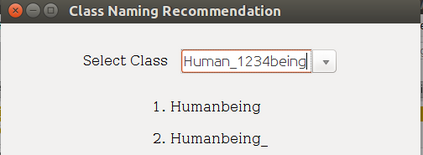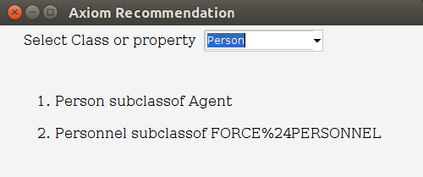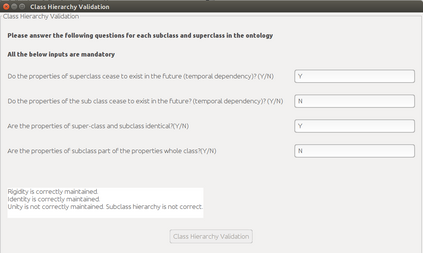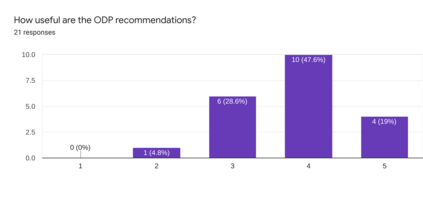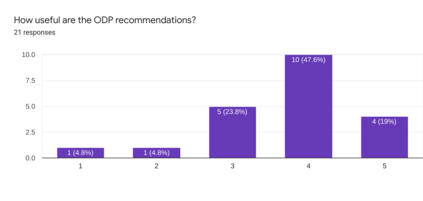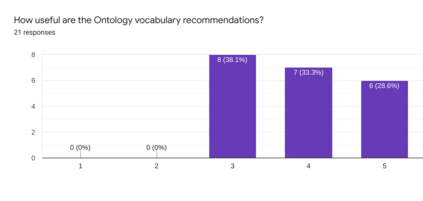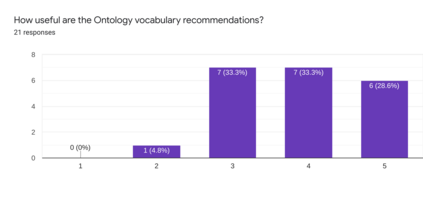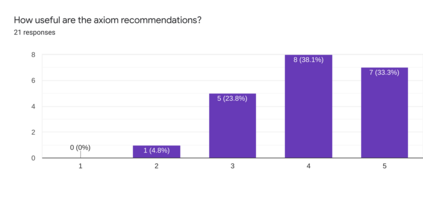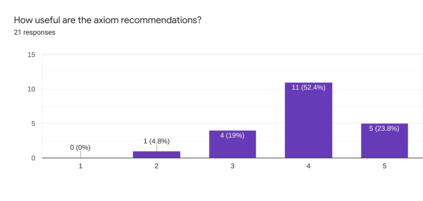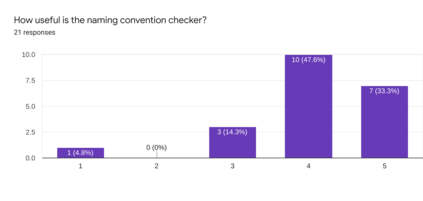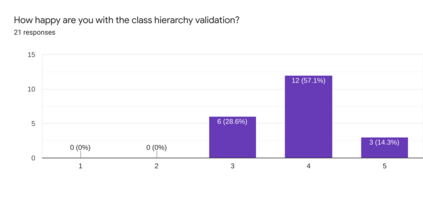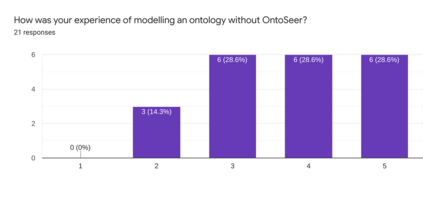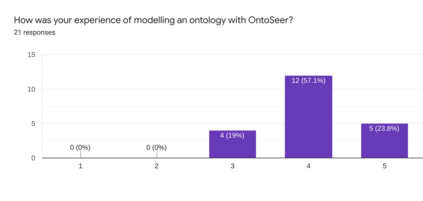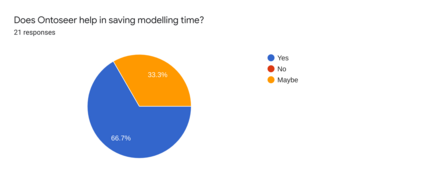Building an ontology is not only a time-consuming process, but it is also confusing, especially for beginners and the inexperienced. Although ontology developers can take the help of domain experts in building an ontology, they are not readily available in several cases for a variety of reasons. Ontology developers have to grapple with several questions related to the choice of classes, properties, and the axioms that should be included. Apart from this, there are aspects such as modularity and reusability that should be taken care of. From among the thousands of publicly available ontologies and vocabularies in repositories such as Linked Open Vocabularies (LOV) and BioPortal, it is hard to know the terms (classes and properties) that can be reused in the development of an ontology. A similar problem exists in implementing the right set of ontology design patterns (ODPs) from among the several available. Generally, ontology developers make use of their experience in handling these issues, and the inexperienced ones have a hard time. In order to bridge this gap, we propose a tool named OntoSeer, that monitors the ontology development process and provides suggestions in real-time to improve the quality of the ontology under development. It can provide suggestions on the naming conventions to follow, vocabulary to reuse, ODPs to implement, and axioms to be added to the ontology. OntoSeer has been implemented as a Prot\'eg\'e plug-in.
翻译:建立肿瘤学不仅仅是一个耗时的过程,而且还令人困惑,特别是对初学者和缺乏经验者而言。虽然肿瘤学开发者可以在建立肿瘤学方面得到域专家的帮助,但是由于多种原因,在几种情况下它们并不容易获得。肿瘤学开发者必须解决与选择类别、属性和应包含的轴心有关的几个问题。除此之外,还有一些方面,如模块性和可重复性,应当加以注意。从数千个公开的肿瘤学和库库库库库库库库库库库库库库库库库库库库库库库库库库库库库库库库库库库库库库库库库库库库库库库库库库库库库库库库库库库库库库库库库库库库库库库库库库库库库库库库库库库库库库库库库库库库库库库库库库库库库库库库库库库库库库库库库库库库库库库库库库库库库库库库库库库库库库库库库库库库库库库库库库库库库库库库库库库库库库库库库库库库库库库库库库库库库库库库库库库库库库库库库库库库库库库库库库库库库库库库库库库库库库库库库库库库库库库库库库库库库库库库库库库库库库库库库库库库库库库库库库库库库库库库库库库库库库库库库库库库库库库库库库库库库库库库库库库库库库库库库库库库库库库库库库库库库库库库库库库库库库库库库库库库库库库库库库库库库库库库库库库库库库库库库库库库库库库库库库库库库库库库库库库库库库库库库库库库库库库库库库库库库库库库库库库库库库库库库库库库库库库库库库库库库库库库库库库库库库库库库库库库库库库库库库库库库


